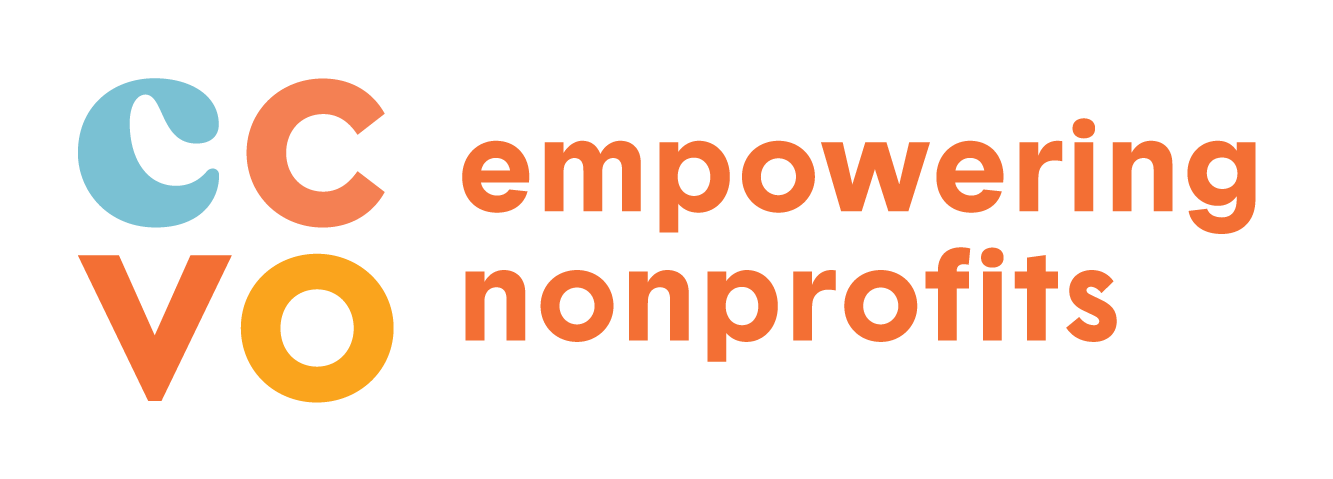After the Election, the Real Work Begins
by David Mitchell, CCVO President & CEO
During the 1993 federal election campaign, Prime Minister Kim Campbell was pointedly asked a question by a journalist about a detailed and complex policy matter. She responded by saying that this wasn’t the time to get involved in a debate about serious issues. Afterwards, she was roundly criticized for speaking the truth.
While it may have been unwise for a political leader to point this out, the reality is that election campaigns are typically dynamic contests shaped by emotions and nuance. And while political parties usually put considerable effort into building their election platforms, the outcome of a campaign is often decided more by the overall mood of the electorate and the personalities of candidates and party leaders.
This is not to say that policy advocacy doesn’t matter; rather, it’s important to recognize that advocacy efforts need to start well before the advent of an election campaign – and continue afterwards as well. After all, policy advocacy is a journey, not a destination. If a specific policy proposal finds its way into a political party’s election platform, it’s often the result of a lot of hard work in the months, and even years, prior to an election. And if a party wins the election, it is generally assumed that its governing mandate includes the policy proposals it campaigned on.
Here are five critically important ways for nonprofits to follow up after the election:
Offer congratulations and thanks: Political parties and candidates require some encouragement and support following the election. The victorious party and all successful candidates should be congratulated. Other parties and unsuccessful candidates should also be thanked for their contributions to the democratic process. The importance of such courtesies is bolstered by the importance of relationships not only in the immediate aftermath of an election campaign but also for the future. The next election is only four years away!
Look for ways to help: The party that wins the right to govern will need some help. It might have a well thought out policy platform, but will need some assistance in implementing these ideas. This is where working constructively with elected representatives, political staff, and the public service become vitally important. Non-governmental stakeholders are increasingly valuable for elected governments seeking public acceptance for their various initiatives. In fact, it’s difficult for any government to proceed with a bold policy agenda unless it can demonstrate broad public support.
Leverage your credibility: In an age of political polarization and growing distrust of institutions, nonprofit organizations are particularly well positioned to work in collaboration with policymakers. Nonprofits are among the most trusted groups in our society. And they collectively represent one of the largest and most important sectors of our province, contributing approximately $10 billion to Alberta’s GDP. With more than 26,000 nonprofits working to make every community in our province stronger, elected representatives are increasingly aware that this vital sector can’t be taken for granted.
Engage, regardless of who wins: What if the election results are disappointing to you personally? Changes in government are always challenging, especially if you don’t support the winning party or respect the leader. A natural reaction might be to brace for the worst. However, that emotional response could actually contribute to negative consequences. On the other hand, most new governments are seeking ideas and allies. This is a perfect opportunity for relationship-based advocacy. In fact, many nonprofit leaders have noted that the big policy changes they’ve been associated with have come from so-called unsympathetic governments.
Stand your ground: In the aftermath of an election, while some are celebrating the joys of victory and others are licking their wounds in the disappointment of defeat, stand your ground. Regardless of whether the party you supported has triumphed or been vanquished, don’t give up. For you will have allies waiting for you in cabinet, in caucus, and in the public service. Your members, supporters and stakeholders will need you to be more clearheaded and caring than ever.
And following the election, while the shock waves of the campaign still echo, it’s time to start focusing your policy priorities and planning your advocacy efforts for the future. That’s when the real work begins.
David Mitchell was formerly an MLA in British Columbia.

